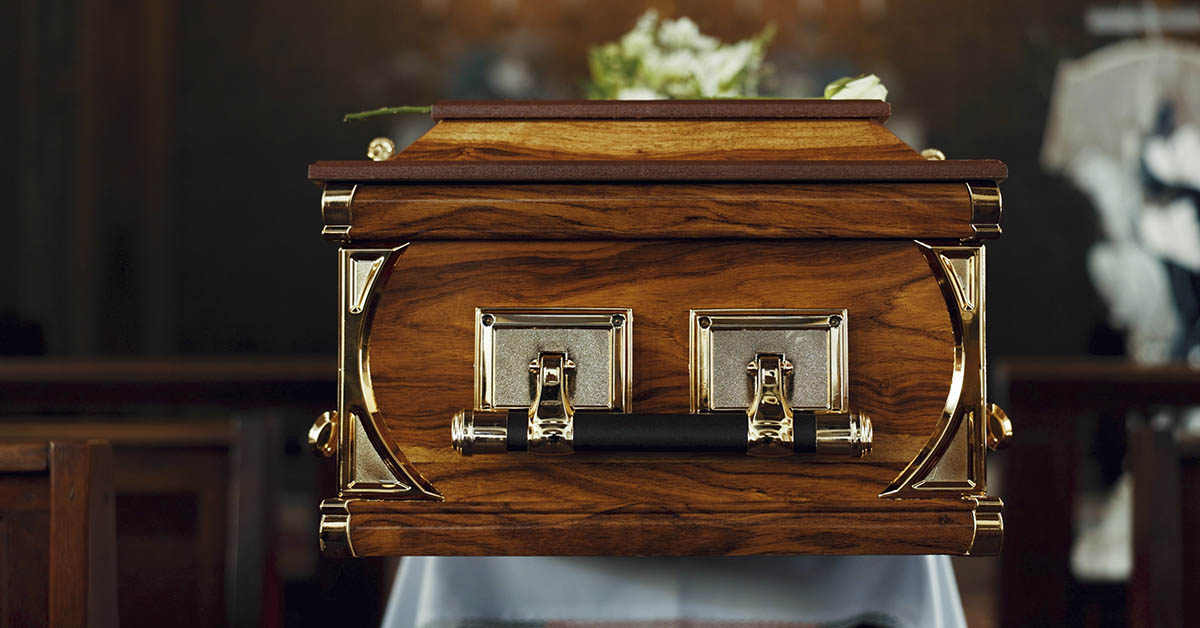Funerals are moments of deep reflection, love, and remembrance. They bring families together to honor the life of someone they cherished, and they often involve traditions and personal touches that carry immense meaning. In the emotion of the moment, it can be tempting to make quick decisions about what to keep and what to let go of. However, there are certain items tied to a funeral that should never be discarded in haste. Preserving them ensures the memory and legacy of your loved one remain alive for generations.
Personal Mementos or Letters

Objects that belonged to the deceased, along with heartfelt notes from family and friends, are far more than physical items. They are tangible reminders of the person’s life, their relationships, and their unique personality. A handwritten card, a watch, a favorite book, or even a recipe written in their hand can hold deep emotional value long after the funeral is over.
These mementos often become treasured family heirlooms. Disposing of them during or immediately after the service can lead to regret later, especially when emotions settle and the reality of the loss sets in. Instead, store these items safely or distribute them among close family members who will appreciate their meaning. Even the smallest keepsake can bring comfort during difficult times.
Flowers or Wreaths
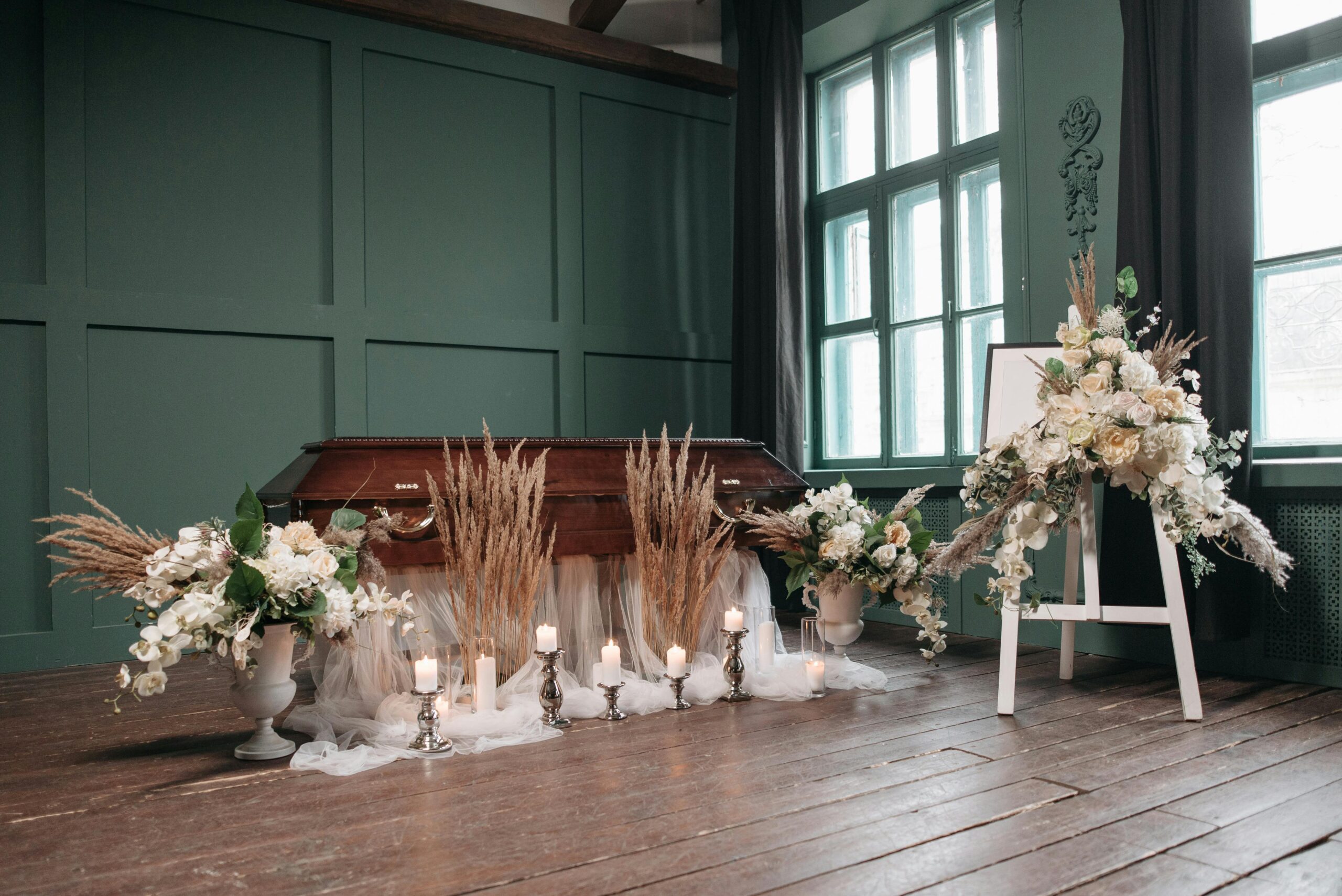
Floral arrangements are one of the most common symbols of sympathy and respect at a funeral. Wreaths, sprays, and bouquets sent by friends and family often carry personal messages and serve as a visual tribute to the deceased’s life. Tossing them away right after the service can feel dismissive to those who took the time to send them.
If you cannot keep all the arrangements, consider taking photos of them to preserve the memory. You can also repurpose some flowers into smaller arrangements to give to family members or place at the gravesite later. In some cases, flowers can be donated to hospitals, nursing homes, or hospices, where they can brighten someone else’s day. Treating these tributes with care honors both the deceased and the people who sent them.
Religious or Cultural Items
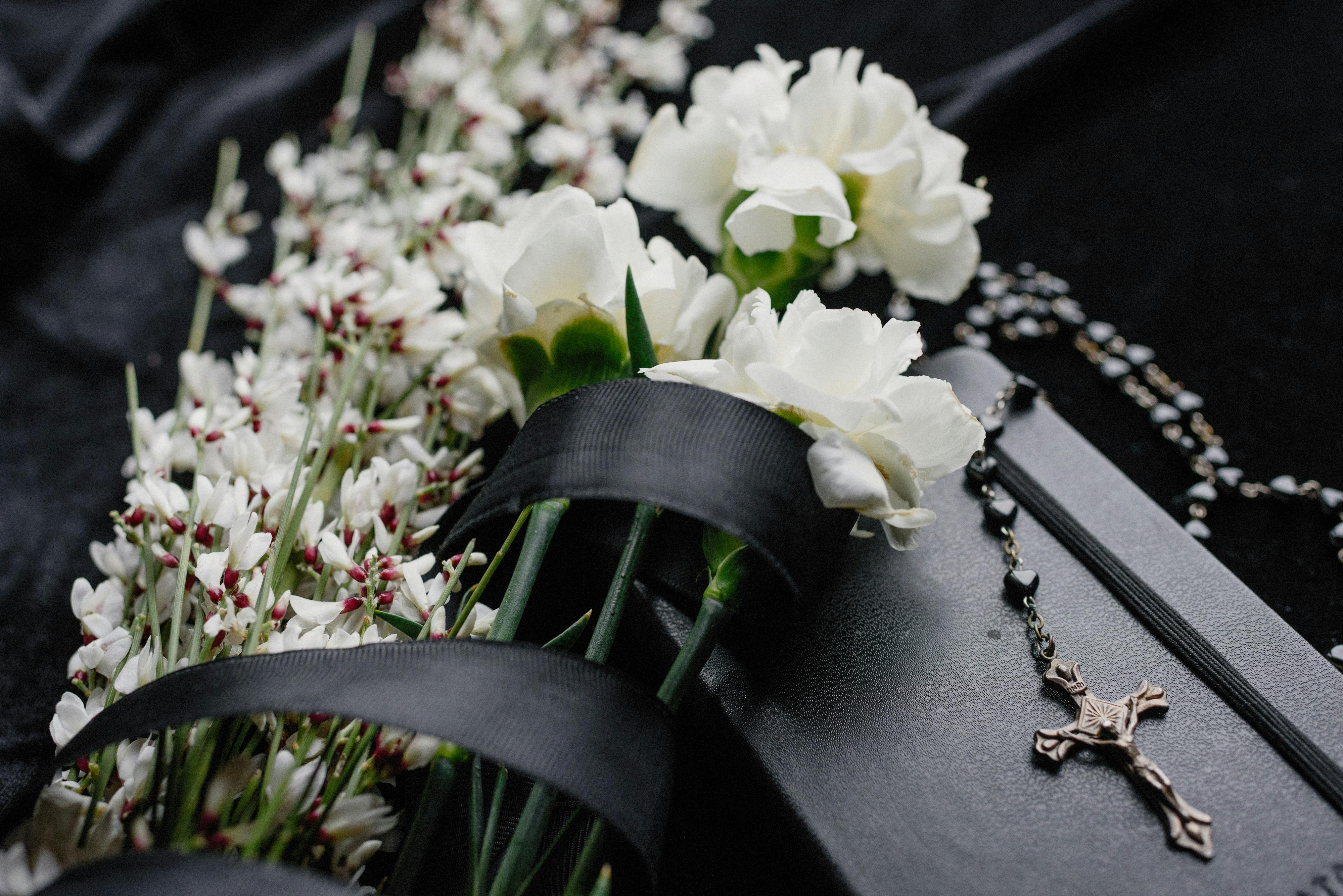
Many funerals involve specific religious or cultural traditions. Rosaries, prayer cards, candles, or other sacred objects used during the service are often blessed or tied to rituals meant to honor the deceased. Discarding them can be seen as disrespectful, not only to the departed but also to the beliefs of the family. If you are not familiar with the customs, ask a family member or religious leader for guidance. In some cultures, these items are meant to be kept by the family, while in others they may be returned to the place of worship. Even if the symbolism is unfamiliar to you, handling these objects with care shows respect for the deceased’s faith and heritage.
Photos or Keepsakes

Photographs are irreplaceable, capturing moments in time that cannot be recreated. Funeral displays often include framed pictures, collages, or small keepsakes that reflect the person’s life and passions. These items help mourners connect to happy memories and can bring a sense of comfort in the years that follow. Never toss these photographs or keepsakes in the rush of clearing the venue. Instead, designate a trusted family member to collect and store them after the service. You might later use them in a memory album, a tribute video, or a family archive. By keeping these visual reminders safe, you preserve an important part of your loved one’s legacy.
Bringing Young Children Without Warning

While children can be a source of comfort at family gatherings, funerals are emotionally charged events. If the service is formal or deeply somber, bringing young children without preparing the family can cause unintended stress. Little ones may become restless, cry, or ask loud questions at moments of silence. If you plan to bring children, speak to the immediate family first. Explain to the kids, in age-appropriate terms, what to expect. This allows the family to decide whether it is the right environment and helps ensure the focus remains on honoring the deceased.
Posting Photos or Details on Social Media Immediately

In the age of instant sharing, it is tempting to post pictures or updates from a funeral. However, doing so without permission can invade the privacy of grieving family members. They may prefer to keep the details of the service, or even the fact that it took place, within a close circle. Before posting anything, ask the family for their consent. If you are given the go-ahead, choose your words carefully and keep the tone respectful. A funeral is not the place for casual captions or personal publicity.
Overpowering the Conversation
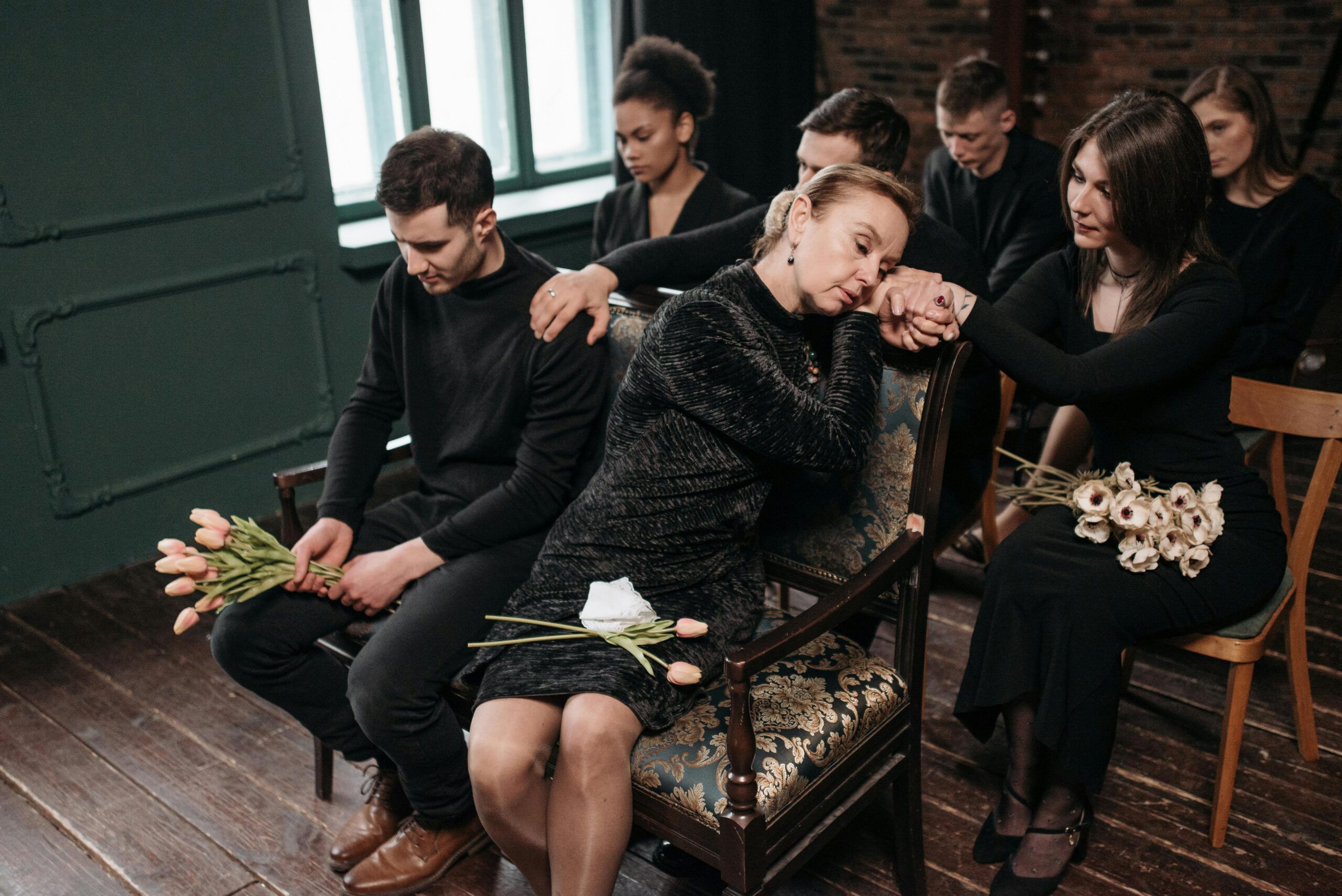
Funerals are a time for shared memories, and everyone present deserves the chance to speak if they wish. Dominating the conversation about the deceased, even with good intentions, can unintentionally overshadow the voices of others. Practice active listening. Allow space for others to share their stories and emotions. When you do speak, focus on sincerity rather than length. The most touching tributes often come from short, heartfelt memories rather than long speeches.
Ignoring Cultural or Religious Customs
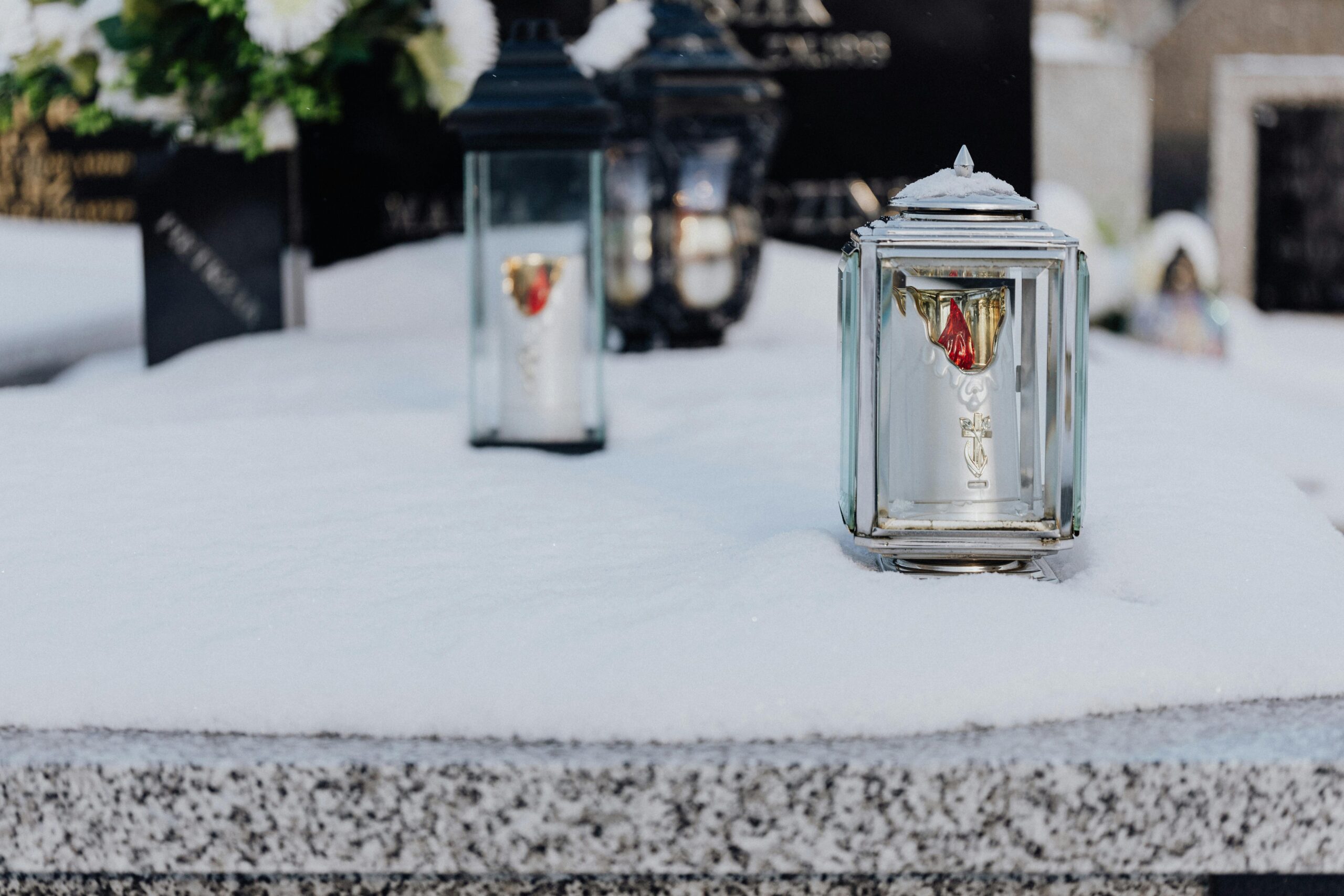
If you attend a funeral outside your own culture or faith, you may encounter unfamiliar rituals. While you may not fully understand the meaning behind them, showing respect is essential. This might mean dressing in a certain way, participating in specific prayers, or refraining from certain actions. Do a little research beforehand or quietly observe how others behave. If you are unsure, ask a discreet question to a family member or clergy. Your willingness to honor these customs will be remembered and appreciated.
Giving Unsolicited Advice or Opinions
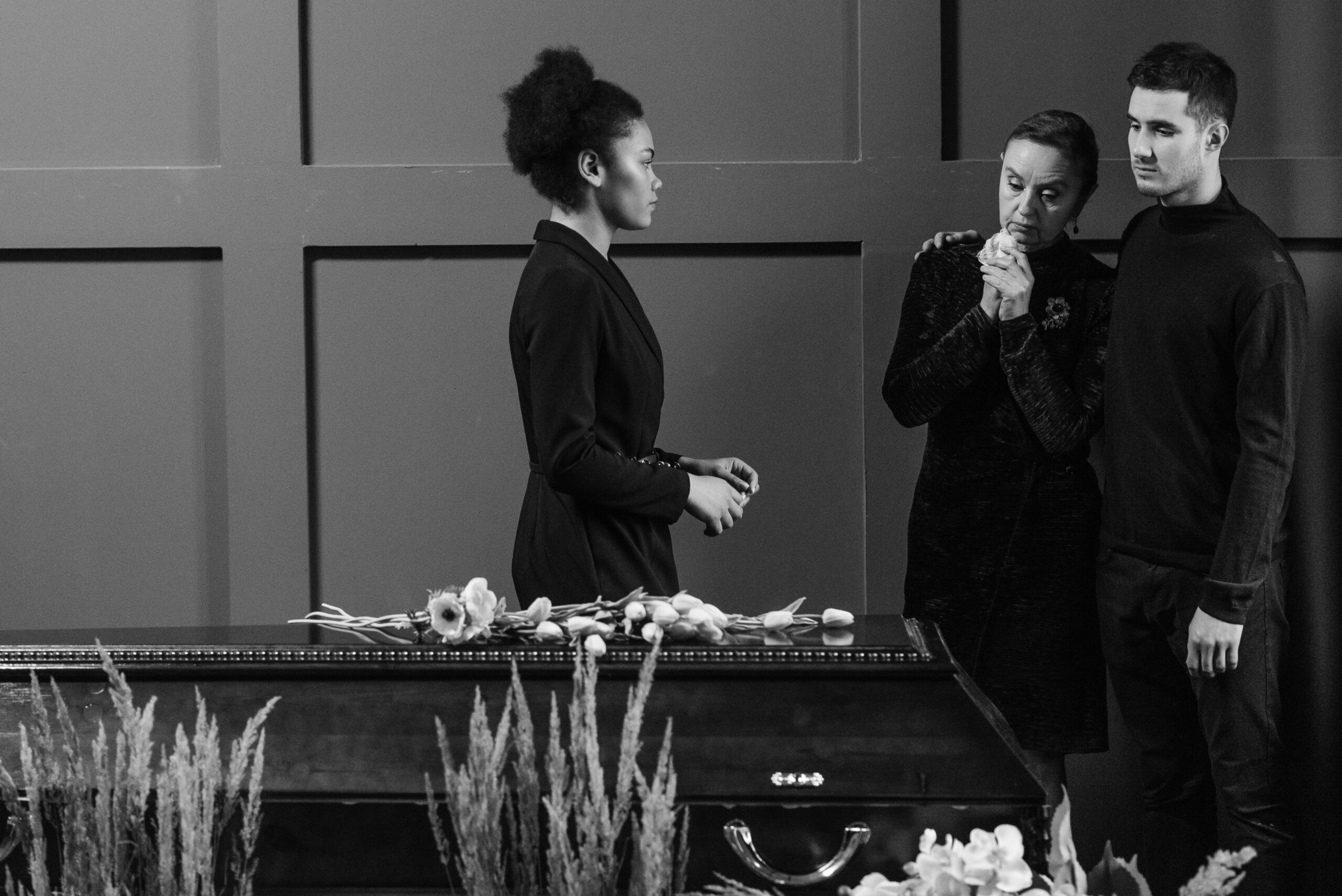
Grief is a deeply personal process, and every person experiences it differently. Offering unsolicited advice, even with good intentions, can feel dismissive or intrusive to someone who is mourning. Phrases like “you need to move on” or “time heals all wounds” can come across as insensitive. Instead, focus on offering support through presence rather than instruction. Simple statements like “I am here for you” or “I am thinking of you” can mean far more than any advice. Let the grieving person set the pace for conversations about coping and healing.
Not Just Saying Goodbye

Funerals are not just about saying goodbye; they are about honoring a life lived and the relationships that continue beyond death. Holding on to certain items, from personal mementos to religious artifacts, ensures that a piece of your loved one’s memory remains tangible. Equally important is the way we conduct ourselves during these gatherings, with respect for traditions, sensitivity to others’ emotions, and mindfulness of shared spaces.
By preserving meaningful items and observing thoughtful funeral etiquette, you help create a respectful environment where grief can be expressed and memories can be cherished. In the end, it is the care you take in both your actions and your words that leaves a lasting impact on the family and friends gathered to remember someone dear.
Read More: 10 Things You Must Never Say at a Funeral
